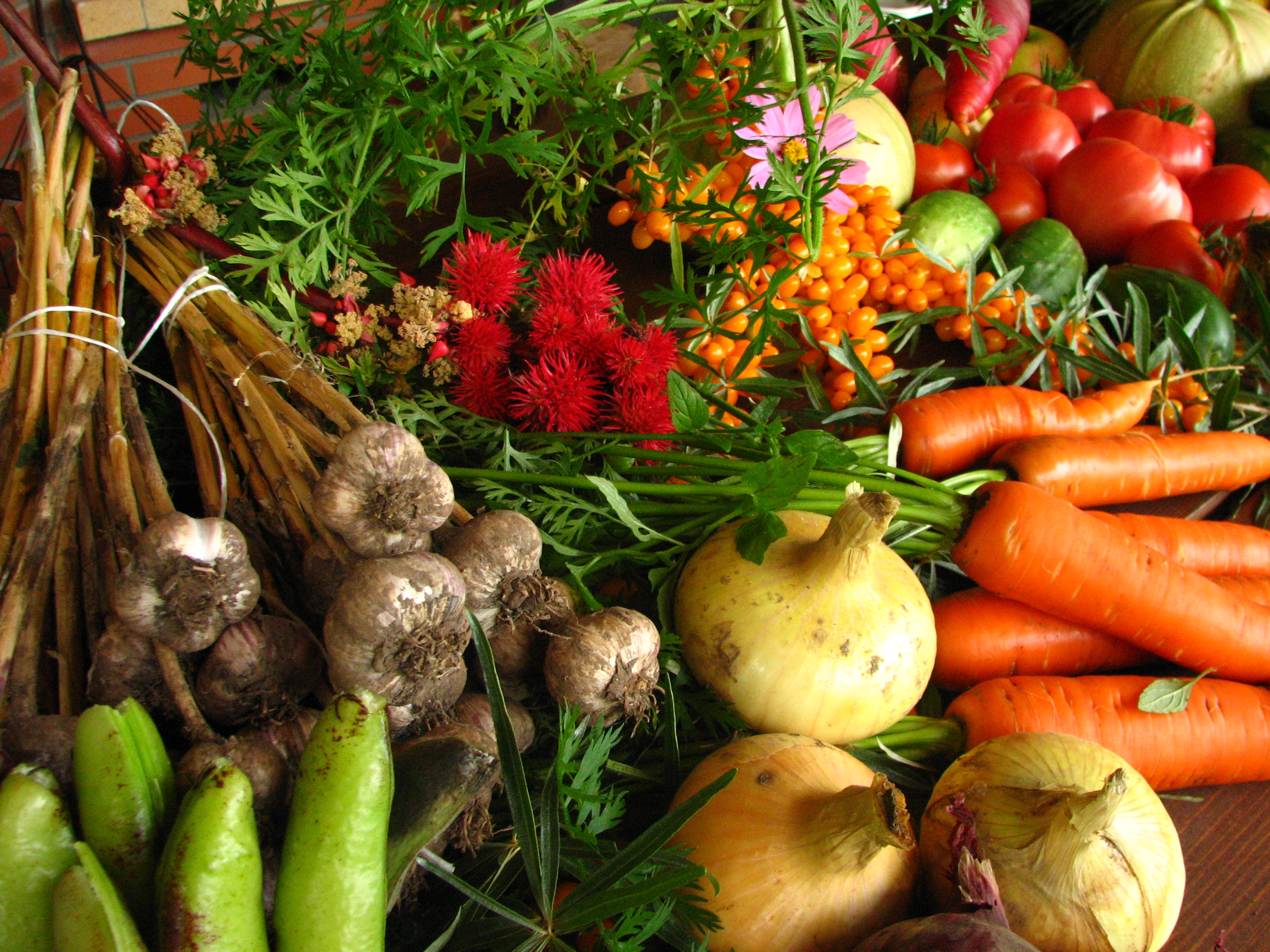
How a Maine Food Co-Op Could Push Local Food to the next Level
The mass-produced carrots and peppers on most of our plates are tasteless and bland compared to their locally grown counterparts, and most of us don't even realize it. We have grown used to eating old produce shipped long distances by Sodexo, Aramark and Compass, the three major food service management corporations that control 90 percent of the national food service market.
December 19, 2015 | Source: Truth Out | by Martin Xavi Macias
The mass-produced carrots and peppers on most of our plates are tasteless and bland compared to their locally grown counterparts, and most of us don’t even realize it. We have grown used to eating old produce shipped long distances by Sodexo, Aramark and Compass, the three major food service management corporations that control 90 percent of the national food service market.
National efforts are afoot, however, to develop mass appetites for better-tasting and nutritious food grown locally, and these efforts are starting to alter the face of food production in the United States.
One of the most dramatic possibilities for large-scale change in food production is being contemplated in Maine, where the Maine Farm and Sea Cooperative is bidding against Sodexo (based in Paris) and Aramark (based in Philadelphia) in an effort to win a $12.5 million, five-year contract to operate food procurement and service operations at seven of the eight University of Maine campuses. The Maine Farm and Sea Cooperative – potentially the country’s first farm-to-institution food service cooperative – wants to offer locally sourced food for the university community. The cooperative and the two mega-corporations submitted their bids for the contract in early December.
Ron Adams, a former director of Portland Public Schools’ food programs and board member of the cooperative, believes the increasing demand for locally grown food – from outside consumers and students alike – will provide the shift needed to bring local foods to an institutional level.
The University of Maine’s current contract, which will expire on June 30, 2016, is with Aramark, according to the university’s records. If the university awarded the contract to one of the two other bidders, it would end Aramark’s 10-year relationship with the university system.
According to the University of Maine’s request for proposals, which was released this past August, the system has set a goal of sourcing 20 percent local food by 2020.
